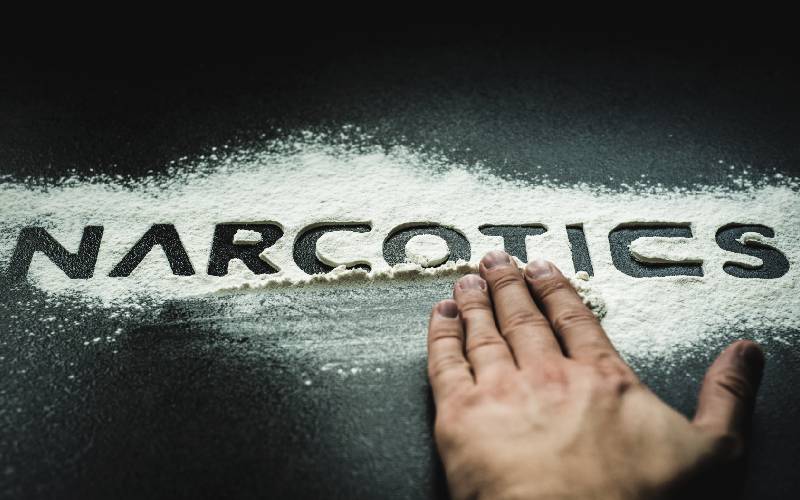×
The Standard e-Paper
Fearless, Trusted News

The war against drugs and drug abuse can only be won through decisive action. [Courtesy]
The Narcotics, Drugs and Psychotropic Substances (Control) (Amendment) Bill 2020 was passed by the National Assembly during a session of the Committee of the Whole House on May 19, 2021 and is now awaiting President Uhuru Kenyatta's assent to become law.






